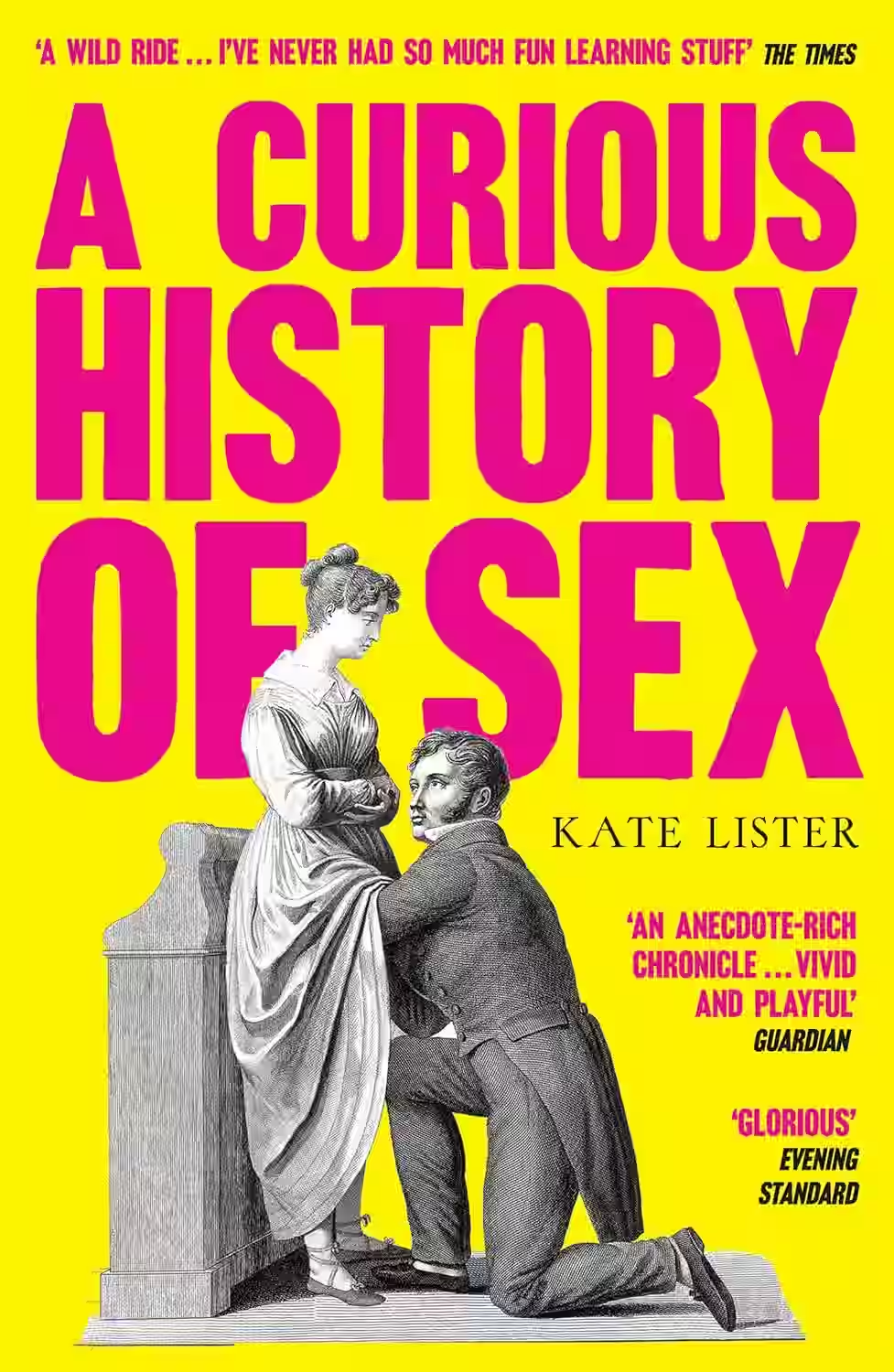
In 'A Curious History of Sex,' Kate Lister delves into the intriguing and often surprising history of human sexuality. From ancient times to modern-day, Lister explores various aspects of sex, including taboos, practices, and societal perceptions. Through a blend of scholarly research and witty writing, she presents a comprehensive and captivating account of how sex has evolved over centuries. Lister's book sheds light on lesser-known facts and provides a fresh perspective on a topic often shrouded in mystery and misinformation. Readers will be both educated and entertained by this thought-provoking journey through the annals of sexual history.
About Kate Lister
Kate Lister is a renowned British author and historian known for her groundbreaking work in the field of literary studies. With a background in English literature and a passion for uncovering hidden stories, Lister has delved into the lives of overlooked historical figures and brought their narratives to light in a compelling and engaging manner. Her notable works, such as 'A Curious History of Sex' and 'The Curious History of Dating', have captivated readers worldwide with their blend of meticulous research, witty writing, and insightful analysis. Lister's impact on literature lies in her ability to challenge norms, spark discussions, and shed new light on the past, making her a prominent voice in the realm of non-fiction writing.
Similar Books
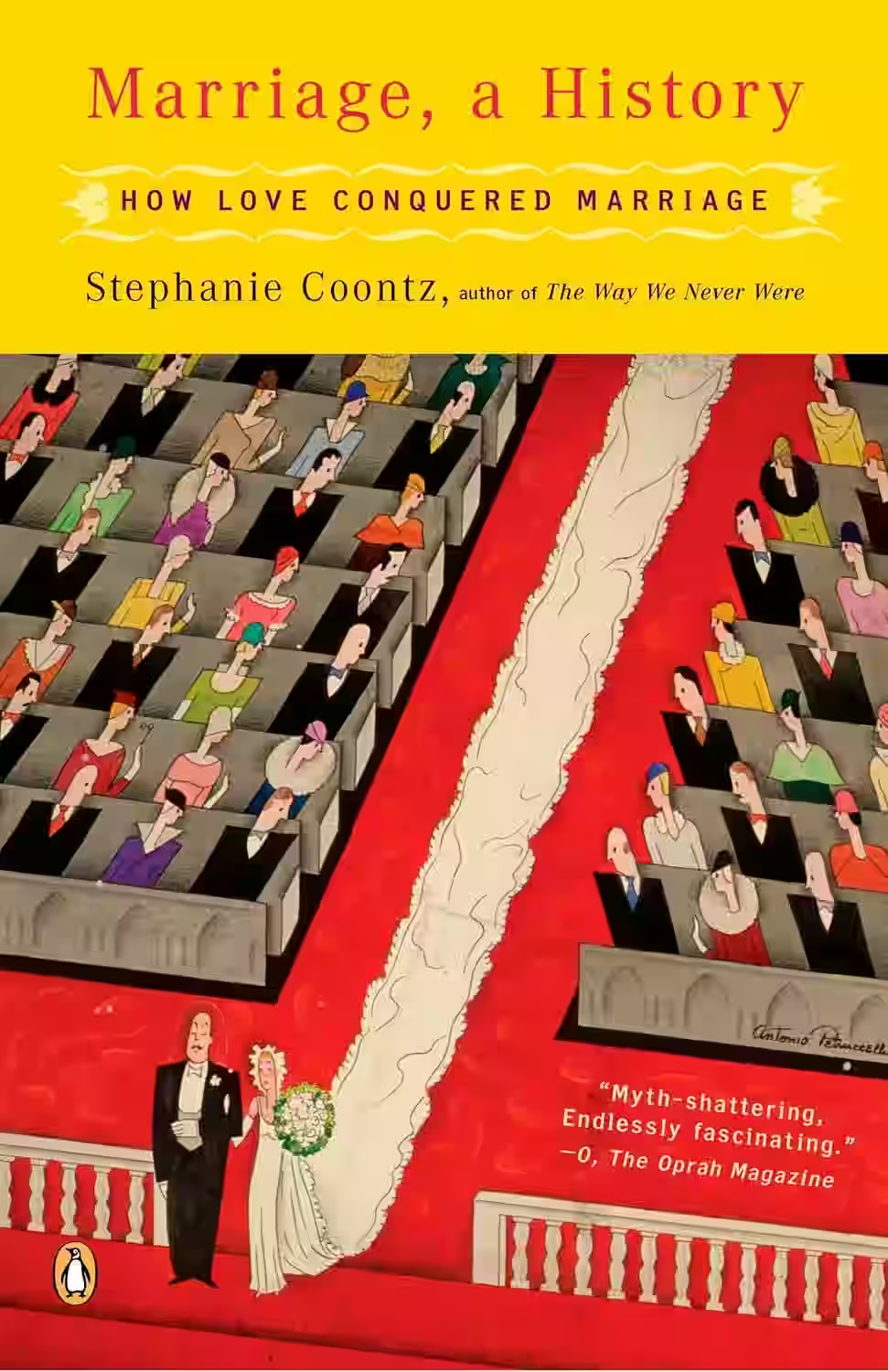
Marriage, a History: How Love Conquered Marriage
In 'Marriage, a History: How Love Conquered Marriage,' Stephanie Coontz delves into the evolution of marriage throughout human history, challenging traditional notions of love and matrimony. Coontz explores how marriage has been influenced by economic, social, and political factors, shedding light on how love became a central component in modern marital unions. Through a meticulous examination of cultural practices and societal norms, she reveals the shifting dynamics of marriage and the role of love in shaping these changes. This thought-provoking book offers a compelling narrative that will make readers reassess their understanding of marriage and relationships.
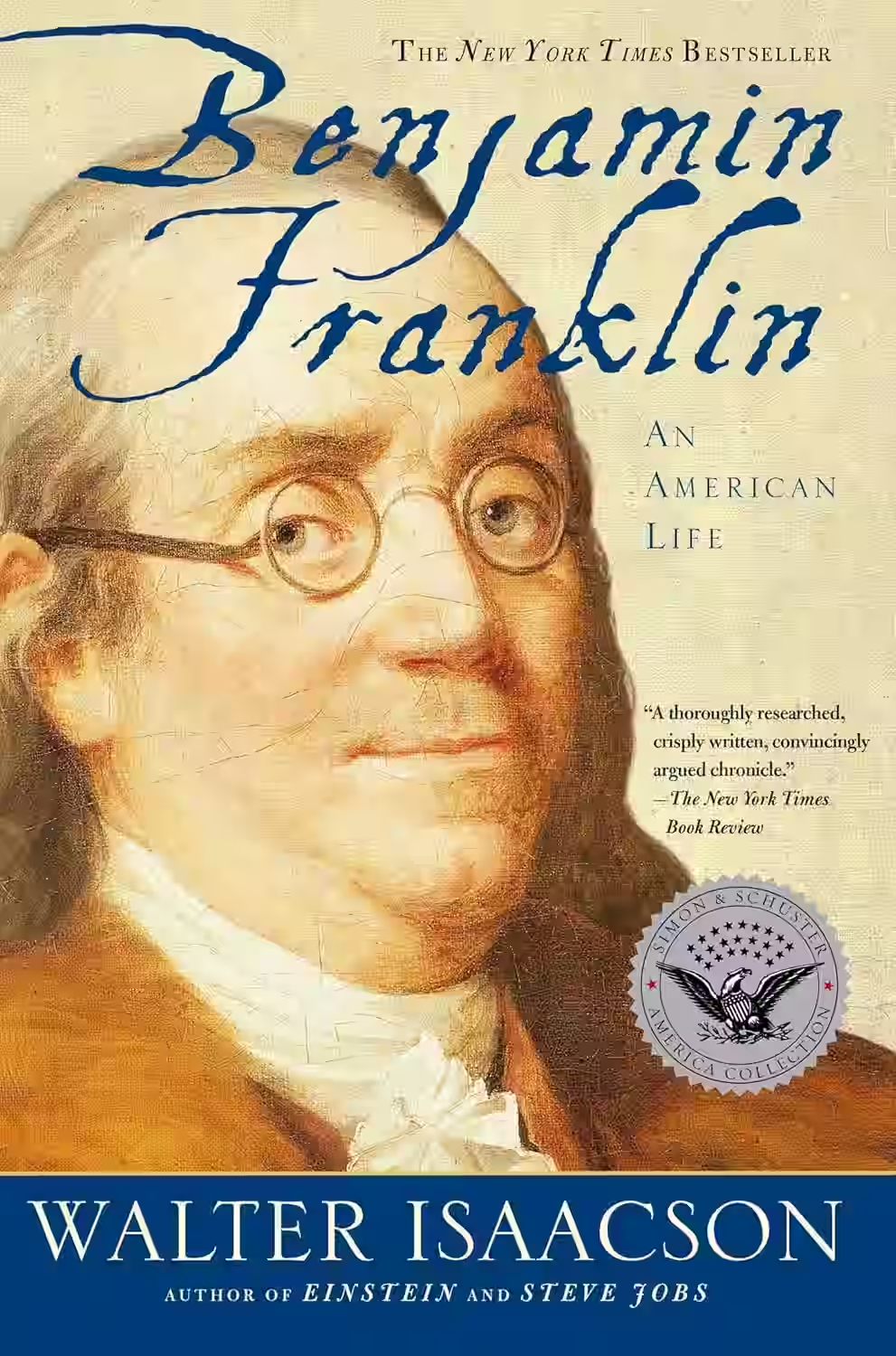
Benjamin Franklin: An American Life
In 'Benjamin Franklin: An American Life' by Walter Isaacson, readers are taken on a captivating journey through the extraordinary life of one of America's founding fathers. Isaacson skillfully weaves together Franklin's roles as a scientist, inventor, diplomat, and statesman, showcasing his immense impact on shaping the American nation. Through detailed research and engaging storytelling, the book delves into Franklin's wit, wisdom, and the complexities of his character, offering a nuanced portrayal of this iconic figure. From his humble beginnings to his key contributions to the Declaration of Independence, Isaacson presents a comprehensive and insightful account of Franklin's enduring legacy.
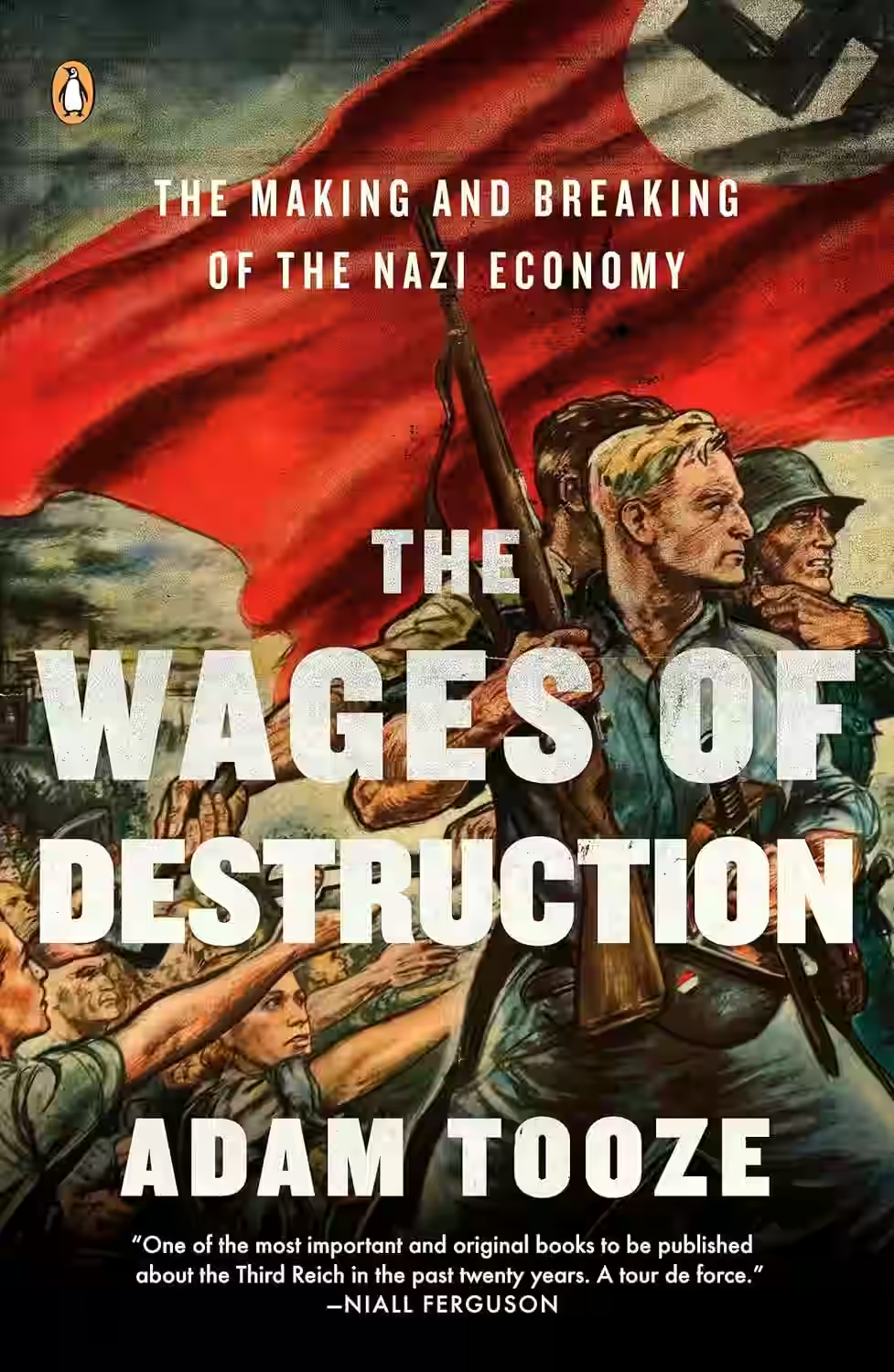
The Wages of Destruction
by Adam Tooze
In 'The Wages of Destruction' by Adam Tooze, the author meticulously examines the economic mechanisms that underpinned Nazi Germany's war machine during World War II. Tooze delves deep into the financial structures, resource management, and strategic decisions that sustained Hitler's regime, shedding light on how economic policies shaped the course of the war. Through detailed analysis and compelling narrative, Tooze reveals the precarious economic foundations of the Third Reich and its catastrophic consequences. This book offers a fresh perspective on the war, emphasizing the crucial role of economic factors in shaping historical events.
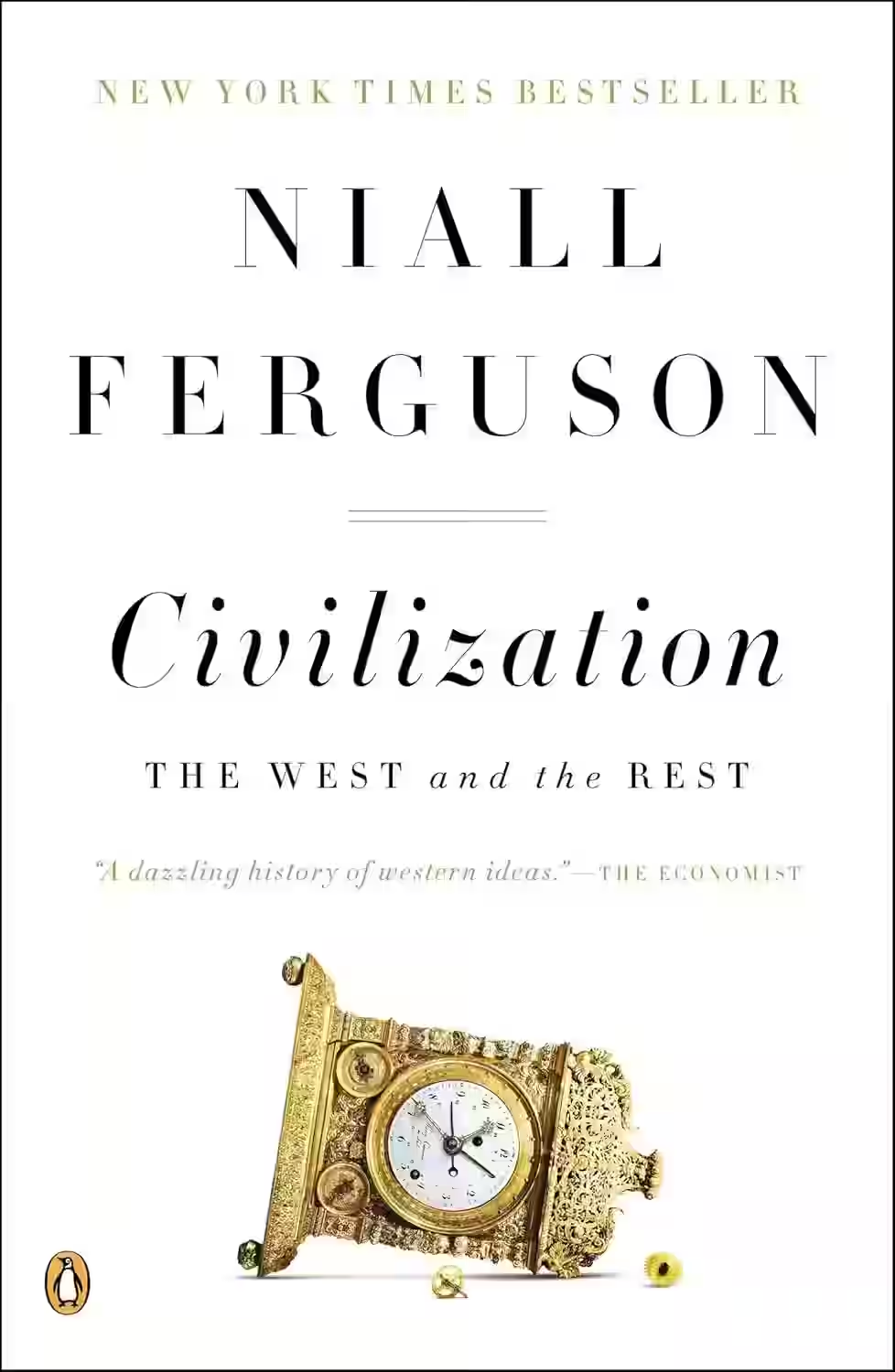
Civilization: The West and the Rest
In 'Civilization: The West and the Rest,' Niall Ferguson delves into the history of Western civilization, exploring the factors that propelled the West to its position of global dominance. Ferguson discusses the key institutions, technologies, and cultural values that set the West apart from other societies. Through a meticulous analysis, he argues that these unique factors enabled the West to surge ahead economically and politically. By comparing Western achievements to those of other civilizations, Ferguson prompts readers to ponder the future trajectory of global power. This thought-provoking book offers a fresh perspective on the roots of Western supremacy and challenges readers to contemplate the fate of civilization.